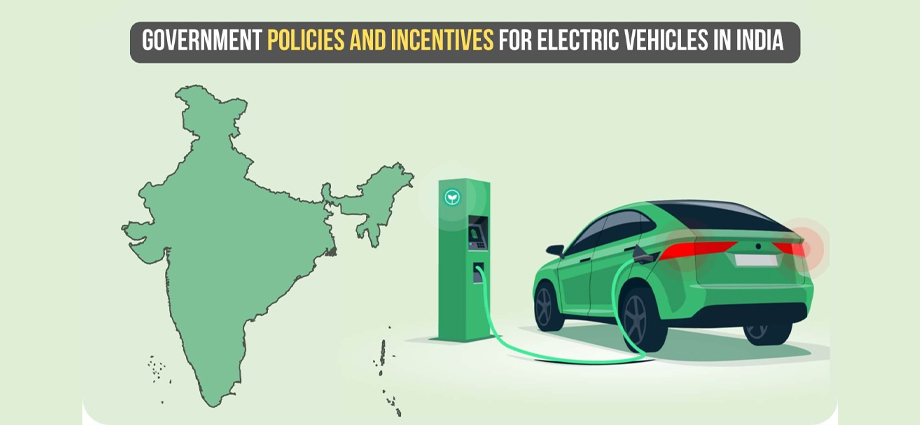
The Government of India has taken several steps to promote the adoption of electric vehicles (EVs) in the country, with the aim of reducing dependence on fossil fuels and improving air quality. Here are some of the key initiatives:
- FAME India Scheme: The Faster Adoption and Manufacturing of Hybrid and Electric Vehicles (FAME) India scheme was launched in 2015 to incentivize the adoption of EVs and support the development of the EV industry in the country. The scheme provides financial incentives for the purchase of EVs and charging infrastructure, as well as for research and development in the EV sector.
- GST reduction: In 2019, the Government of India reduced the Goods and Services Tax (GST) on EVs from 12% to 5%, making them more affordable for consumers.
- EV charging infrastructure: The government has set a target to install 2.7 lakh (270,000) public charging stations for EVs by 2025, with a focus on major cities and highways. The government has also allowed charging infrastructure to be set up without obtaining a license.
- Promotion of EV manufacturing: The government has announced several policies to promote domestic manufacturing of EVs and their components. In 2020, the Production Linked Incentive (PLI) scheme was launched to provide financial incentives to domestic manufacturers of EVs and their components.
- Public transport electrification: The government is promoting the electrification of public transport, with a target to have 100% electric buses in the country by 2030. Several cities have already started to introduce electric buses in their public transport fleets.
- Awareness campaigns: The government has launched several campaigns to raise awareness about the benefits of EVs and encourage their adoption, such as the “Go Electric” campaign.
Overall, the Government of India’s initiatives towards electric vehicles are aimed at promoting the development of the domestic EV industry, reducing the country’s dependence on fossil fuels, and improving air quality.